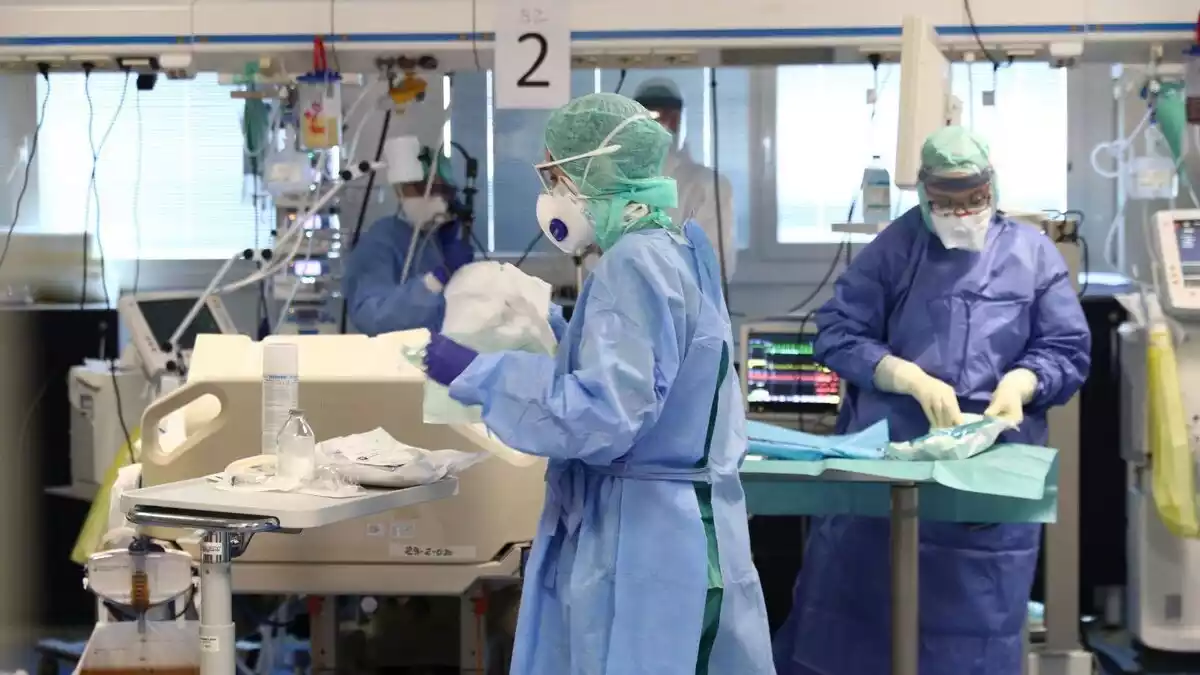
Since the onset of the coronavirus crisis, the serious effects of this disease on the lungs and the respiratory system has been noted.
Hence the extreme need to provide respirators and oxygen valves to treat the respiratory failures of those infected with COVID-19.
However, lately, there are numerous studies and reports from all over the world that warn of the capacity of the virus to affect multiple tissues, even causing multi-organ failure.
Although it's true that most affected patients suffer from problems in the lungs, many also suffer from conditions in other organs.
The British data
Recently, a group of 80 British doctors shed light over these conditions and sent their conclusions to the 'Financial Times'. Of 690 UK patients recovered in the ICU, 25% have needed advanced cardiovascular support, 18.5% dialysis and 4.5% neurological support.
The data provided by British doctors is a clear sign that the coronavirus doesn't only affect the lungs and the respiratory system of patients, hitting also the kidneys, the heart and occasionally even the brain of the most severe patients.
Thus, health professionals conclude that "the lack of material goes far beyond respirators or protective measures. In London, intensive care wards are organized with dialysis machines," they say.
Cardiovascular, renal and neurological conditions
The three organs that would be most affected other than the lungs, according to the latest research, would be the heart, the kidneys and the brain.
The study conducted by Dr Zhibing Lu at the Zhongnan Hospital of Wuhan University and published in "Jama Cardiology" has found that 20% of the patients recovered from COVID-19 have suffered damage to their heart. Despite the absence of previous pathologies, patients presented abnormal electrocardiograms and some presented acute myocarditis.
On the other hand, another research on COVID-19 in China has also shown that patients infected by the virus easily develop acute renal failure (27%), a complication that could be more frequent due to the excessive use of diuretics.
The possible affectation of coronavirus to the brain, which could cause neurological damage such as stroke, convulsions and delirium, is also being investigated.
However, these neurological damages have not been directly related to coronavirus yet and they would only be some exceptional cases, such as that of a woman from Detroit infected by COVID-19 who presented an acute necrotizing encephalopathy, a serious complication that can appear with a cold and other viral infections.
Several studies have also shown damage to other organs such as the liver and pancreas, as well as the involvement of the gastrointestinal system that would explain symptoms such as diarrhoea or indigestion in some infected patients.
[This is a translation of the original article "Alerta Coronavirus: No sólo afecta a pulmones. Los otros 3 órganos" published in espanadiario.net]

